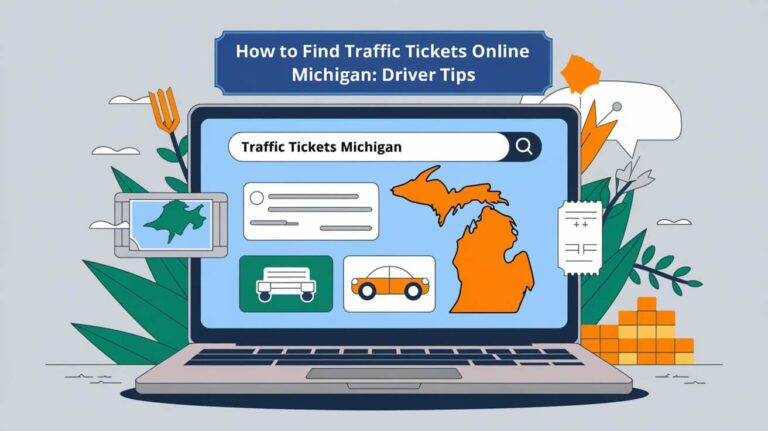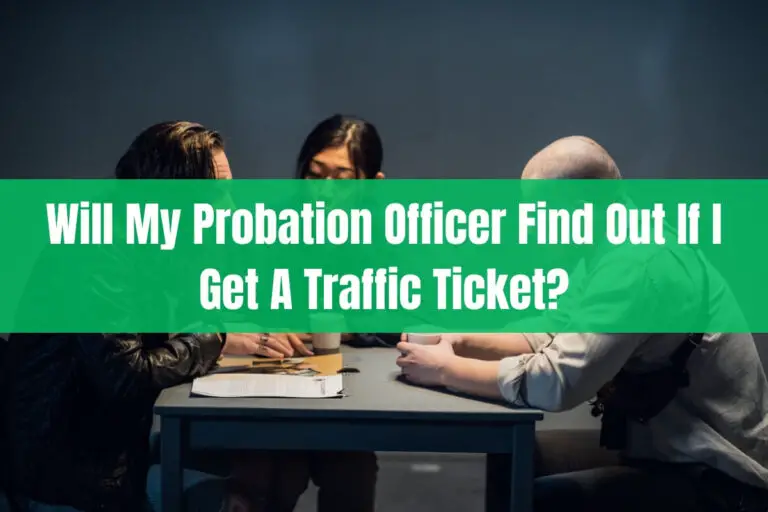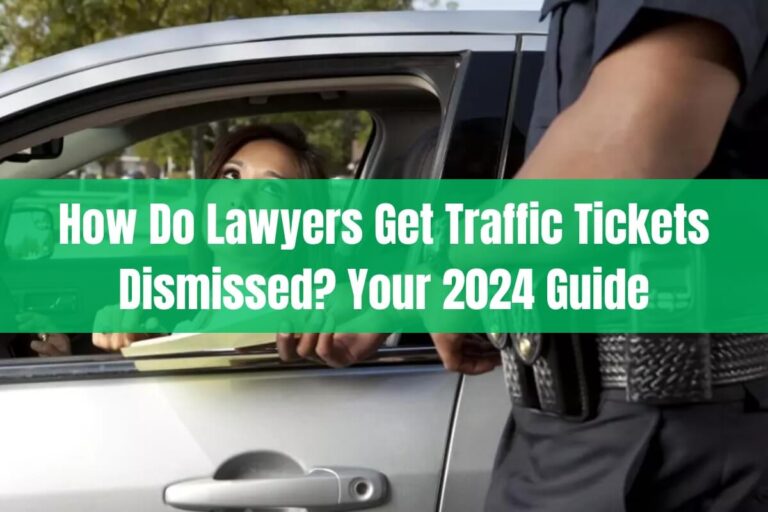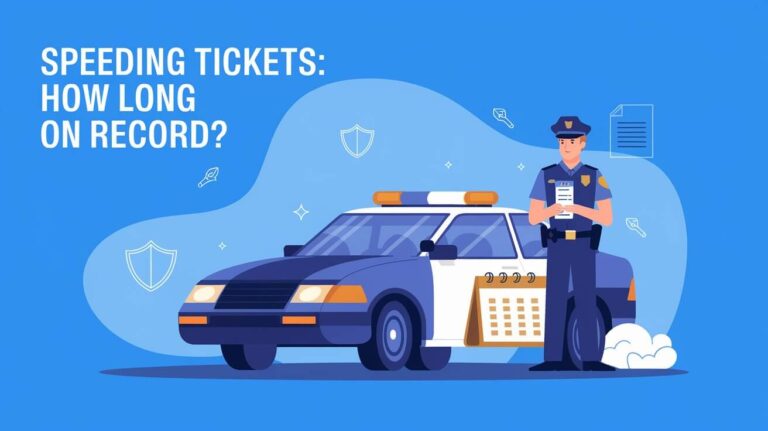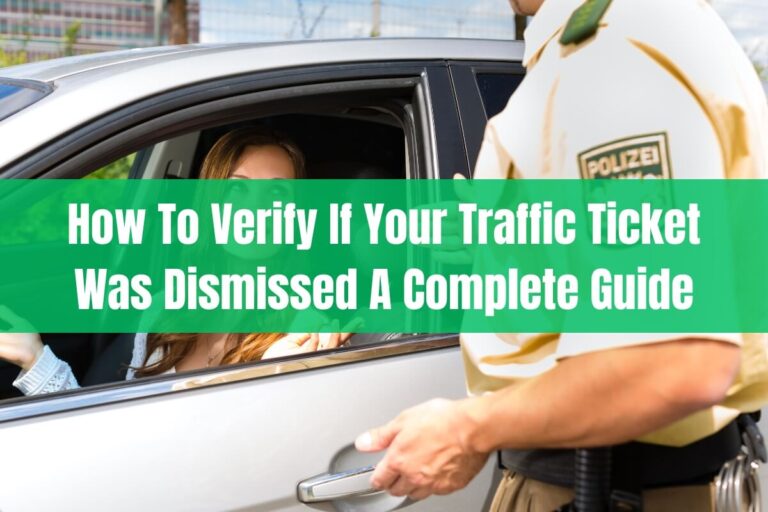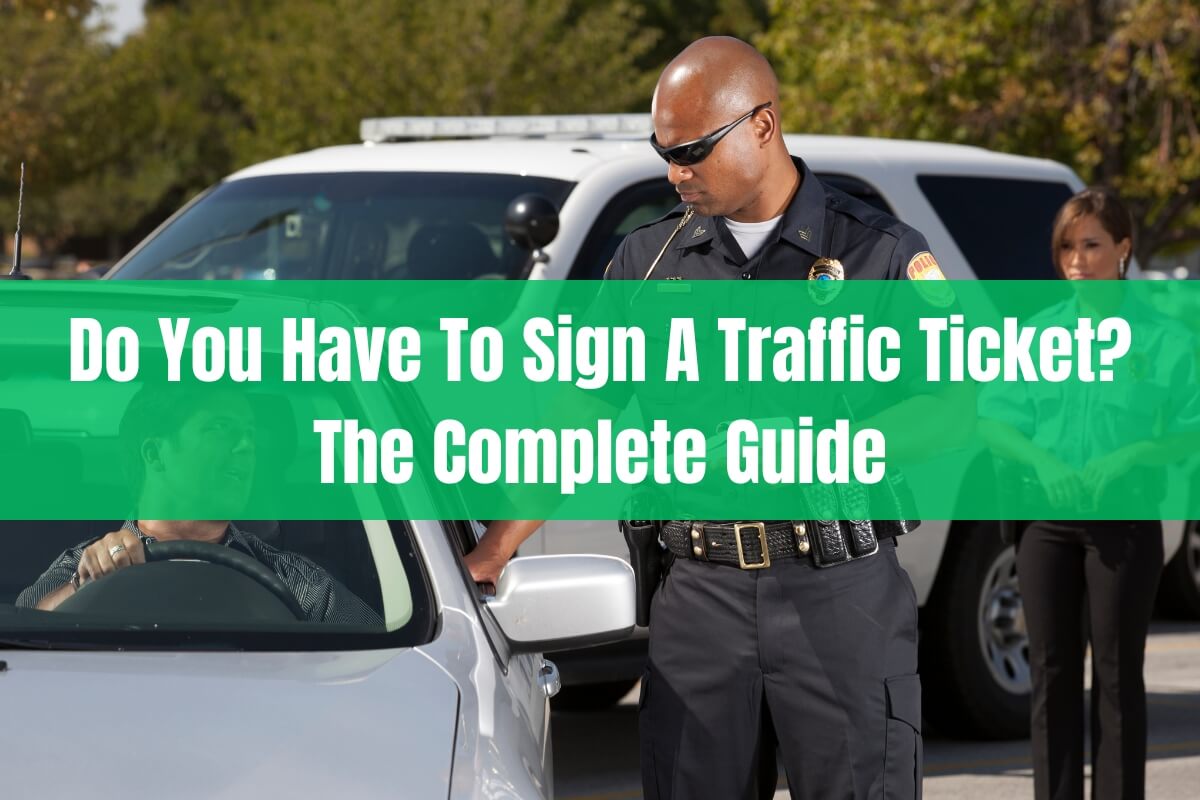
Have you ever been pulled over and handed a traffic ticket, only to wonder – do I really have to sign this thing? Getting a citation can be annoying and expensive, so it’s tempting to protest on the spot. But is refusing to sign your traffic ticket a good idea?
This common question does not have a simple yes or no answer. There are many factors to consider when deciding whether to sign a traffic citation. Let’s break it down step-by-step so you understand all your options and the potential consequences.
What Does Signing a Traffic Ticket Actually Mean?
Before refusing to sign, it’s important to understand what signing a traffic ticket represents in the eyes of the law.
Simply signing a traffic citation is NOT an admission of guilt. Your signature does not mean you agree with the ticket or admit you committed a traffic violation.
Instead, signing a ticket just acknowledges that you received the citation and understand the next steps. By signing, you are promising either to:
- Pay the ticket fine before the court date.
- Appear in court on the date listed to contest the ticket.
That’s all your signature represents – a recognition that you were issued a citation and must now take one of those two actions. It is not accepting fault or liability in any way.
However, if you refuse to sign the traffic ticket, it can complicate the situation and lead to additional charges.
What Happens If You Refuse to Sign a Traffic Ticket?
In most states across the U.S., drivers are legally required to sign traffic citations when requested by an officer. So what happens if you refuse to sign a traffic ticket?
There can be serious consequences:
- You may be arrested on the spot and taken to jail until seeing a judge. The officer needs you to acknowledge the ticket to avoid this outcome.
- The officer will likely mark the ticket as “refused” but it is still 100% valid. You will still have to pay the fine or appear in court. Not signing does not invalidate the citation.
- You could face additional charges like resisting arrest on top of the traffic violation. This escalates your legal troubles.
- Judges usually do not dismiss charges solely because you refused to sign. You gain nothing by refusing.
Unless you have a specific legal reason to refuse signing, don’t attempt it. The risks outweigh any perceived benefits.
Should You Sign a Traffic Ticket If You Did Nothing Wrong?
What if you believe the traffic ticket was issued unfairly or inaccurately? Are there cases where you should still refuse to sign?
The short answer is no. Here’s why:
- Signing is NOT admitting guilt, so you lose nothing by signing now to avoid arrest and contest the ticket later.
- Refusing to sign only creates more legal headaches as outlined above. It does not get the citation dismissed.
- Your best recourse is to sign now to comply, then fight the unfair ticket through the proper legal channels.
- Working with a traffic ticket attorney gives you the best chance of contesting an improper citation. They know how to build your case.
- On the other hand, being argumentative and refusing to sign at the traffic stop will only make things worse. It’s an emotional response, not a legal strategy.
The proper way to dispute an inaccurate or unjust traffic ticket is through the courts – not by refusing to sign it on the spot. An experienced traffic lawyer can advise you on the best approach.
What Are Your Options After Signing a Traffic Ticket?
Once you sign a traffic citation, you have three main options to resolve it:
1. Pay the Fine
For minor traffic violations, you can often pay the ticket fine before your court date and put the incident behind you.
Pros: Quick and done. No need to go to court.
Cons: Points on your license. Increased insurance rates. Guilty admission.
2. Request Traffic School
In many states like California, attending traffic school allows you to avoid points on your license while paying the fine.
Pros: No points on driving record.
Cons: Must still pay fine. Ticket still shows on record.
3. Contest the Ticket in Court
You can fight an unfair or inaccurate ticket by appearing in court on your date and contesting it before a judge.
Pros: Chance of lowering fines or avoiding points.
Cons: Preparation needed. No guarantee of dismissal.
With the help of a traffic ticket lawyer to contest in court, you have the best chance of overturning unjust citations. They know how to effectively argue your case before a judge.
How Can You Fight an Unfair Traffic Ticket Issued to You?
If you believe a ticket was given erroneously and want to contest it, here are some steps to build your case:
- Carefully review the ticket – Note any factual inaccuracies like an incorrect date, location, vehicle info, or statute cited. This can be used to challenge the validity of the citation.
- Gather evidence – Collect any evidence like photos, videos, receipts, witness statements or other records that contradict the ticket accusations. Physical proof is powerful.
- Appear at your court hearing – Plead “not guilty” to the traffic charge and present your evidence and arguments before the judge. Point out any ticket errors.
- Hire a traffic ticket attorney – Let an experienced lawyer handle the process for you. They know how to effectively negotiate with judges and prosecutors to have unfair citations thrown out or penalties lowered. For best results, get legal representation.
- Consider appealing the verdict if you lose – If the judge still rules against you, consulting with your traffic lawyer on filing an appeal can be your next step. Don’t give up easily.
With preparation and a strategic legal approach, you can successfully fight questionable traffic tickets. Do not let an unfair citation go unchallenged.
Key Takeaways – Do You Have to Sign a Traffic Ticket?
- Signing a traffic ticket is NOT an admission of guilt – it simply acknowledges you received the citation.
- Refusing to sign a ticket can lead to arrest and extra charges – it’s better to sign now and fight it later.
- Even after signing, you still have options to contest the ticket through traffic school, court, or legal help.
- Work with an experienced traffic ticket attorney for the best chance of overturning unjust citations.
- Note any factual errors on the ticket and gather evidence to help build your case for dismissal.
- Avoid arguing with the officer during the traffic stop – stay calm and let your lawyer handle disputing unfair tickets through proper legal channels.
Getting pulled over and ticketed can be upsetting. But staying composed and informed on your options is key to navigating the process while protecting your legal rights. With the points above in mind, you’ll be well equipped to handle traffic citations appropriately from start to resolve.
Now that you know whether or not you have to sign a traffic ticket and what your choices are after receiving a citation, you can make level-headed decisions. Don’t let an unjust ticket go uncontested – get legal guidance to clear your record.

